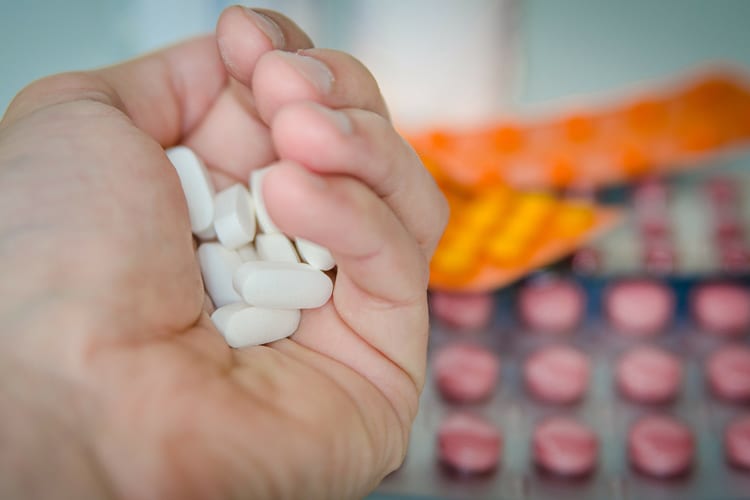Chronic diseases such as heart disease, stroke, lung disease, cancer, diabetes and asthma are among the most common and costly health problems in Arizona.
As a pharmacist, I fill hundreds – even thousands – of prescriptions each week. This may seem like a lot – but now consider that about 50 percent of chronic patients fail to take their daily medications as prescribed. According to the CDC, non-adherence can lead to higher rates of hospital admissions, poorer health outcomes, increased morbidity and mortality, and increased healthcare costs to the patient and the healthcare system.

That’s why I’m proud to work at Walgreens, where we’re issuing a nationwide Wake Up Call to raise awareness of the risks associated with not taking medications as prescribed, and to help our customers never miss a day of their medication.
Some people may have challenges. As a pharmacist, I’m a member of the support team, with advice and tools that help overcome the barriers to adherence such as getting to the pharmacy on time, understanding their prescription or being forgetful. Here are some helpful tips for you:
• Prep your pills: Find a pill box that suits your needs and get organized! Pill boxes are a great way to group your medications together by time of day and ensure you don’t forget a single dosage. They’re also easy to transport in a purse or bag when you’re on-the-go (just don’t leave them overexposed to extreme heat or sunlight).
• Set up reminders: Whether it’s an alarm on your mobile phone or free tools like Walgreens Pill Reminder via the Walgreens app, it’s easy to remember when to take your medications with a pre-programmed cue. Research shows that patients using a pill reminders were more likely to take their medications correctly.
• Simplify refills: If you have multiple prescriptions, make the refill process easier, by switching to a 90-day supply or setting up automatic refills. We’re also expanding a complimentary program called Save a Trip Refills®[1] that coordinates your prescription refill schedule to a single pick up date, working with your doctors and insurance providers, which means you can save time and money on trips to the pharmacy.
• Educate yourself and ask questions: Knowledge is power, and pharmacists are a fantastic resource when it comes to better understanding your medications including side effects and drug-to-drug or drug-to-food interactions. If you have a question or concern, don’t be afraid to speak up and talk to your pharmacist. At Walgreens, you can talk to us at no cost in-store or via the app’s Pharmacy Chat service, 24/7.
• Consider prescription delivery: If you find yourself unable to make a trip to the pharmacy, you can order your refills to come directly to you. For example, Walgreens Express™[2] gives patients the option of prepaying and picking up prescriptions in a dedicated line or getting their eligible medications delivered to their homes.
One of the most rewarding things about being a pharmacist is caring for patients and their families. That doesn’t just mean giving out prescribed medicines, but also helping our customers to take them correctly, which can help them enjoy a healthier and better quality of life.
Muna Jama is a local Walgreens pharmacist. For more information on Walgreens pharmacy services talk to any Walgreens pharmacist or find out more online: www.walgreens.com/pharmacy.




